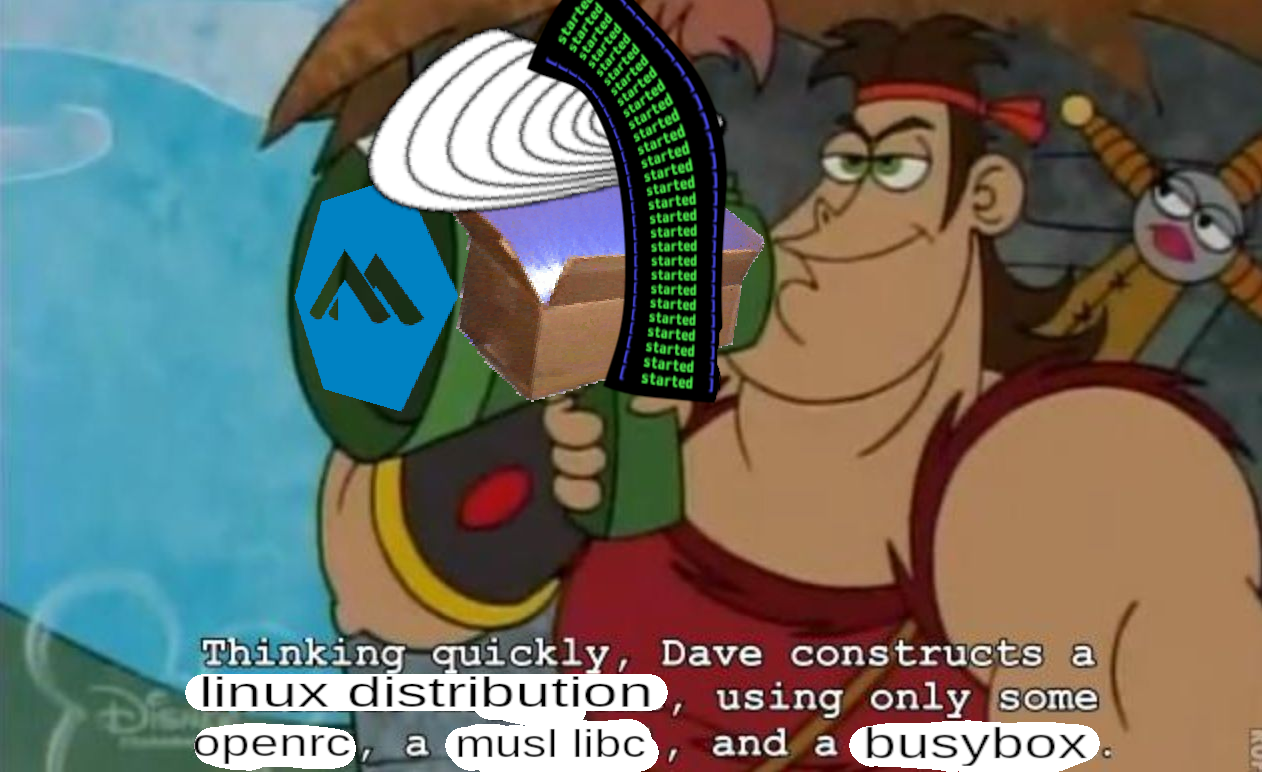

The .net-ification of *nix just seems bonkers to me.
It IS bonkers. As a case study, compare the process of setting up a self-hosted runner in gitlab vs github.
Gitlab does everything The Linux Way. You spin up a slim docker container based on Alpine, pass it the API key, and you’re done. Nice and simple.
Github, being owned by Microsoft, does everything The Microsoft way. The documentation mentions nothing of containers, you’re just meant to run the runner natively, essentially giving Microsoft and anyone else in the repo a reverse shell into your machine. Lovely. Microsoft then somehow managed to make their runner software (reminder: whose entire job consists of pulling a git repo, parsing a yaml file, and running some shell commands) depend on fucking dotnet and a bunch of other bullshit. You’re meant to install it using a shitty setup.sh script that does that stupid thing with detecting what distro you’re on and calling the native package manager to install dependencies. Which of course doesn’t work for shit for anyone who’s not on debain or fedora because those are the only distro’s they’ve bothered with. So you’re either stuck setting up dotnet on your system, or trying to manually banish this unholy abomination into a docker container, which is gonna end up twice the size of gitlab’s pre-made Alpine container thanks to needing glibc to run dotnet (and also full gnu coreutils for some fucking reason)
Bloat is just microsoft’s way of doing things. They see unused resources, and they want to use them. Keep microsoft out of linux.




Looks like it works! Congrats!